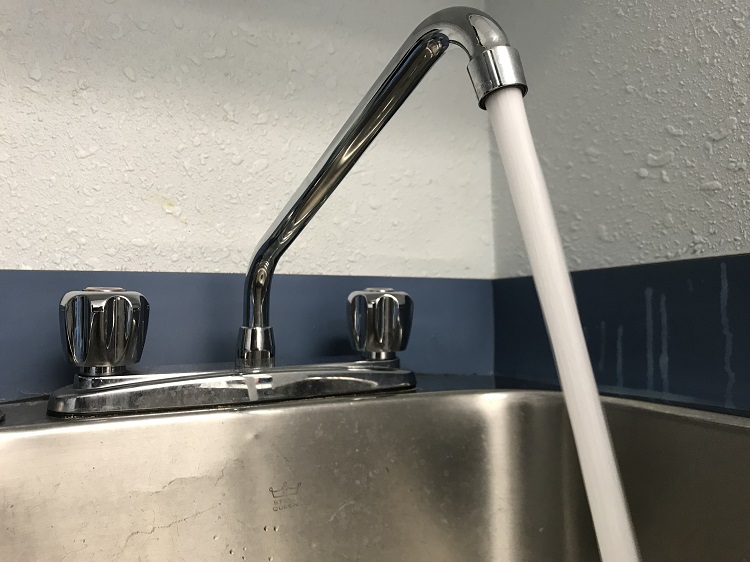By: Nick Pearce, Local Journalism Initiative Reporter,The StarPhoenix
When Jerome McDonald flew south to help provide safe drinking water for his community, he left his newborn behind.
This year, McDonald left his life and family in Fond du Lac to join the kanātan nipīy (the water is clean/clean water) program at Saskatchewan Polytechnic in Saskatoon.
“Being away from them was hard. It was our first time,” he said.
He’s one of the First Nations students who joined the program’s inaugural run to ensure clean waters in their home communities.
That’s not taken for granted. Last year, Fond du Lac was stuck dealing with a malfunctioning water treatment plant while grappling with new COVID-19 cases.
The kanātan nipīy program is a joint effort between the City of Saskatoon, Gabriel Dumont Institute, Radius Community Centre, Saskatchewan Polytechnic and Saskatoon Tribal Council.
It aims to train people to operate and maintain water and waste systems to provide clean drinking water needed in Saskatoon and First Nations across Saskatchewan, a news release said.
“As First Nations people, we are all protectors of water, and this training program provides the opportunity for our people to carry out this important work,” STC Chief Marc Arcand said in a news release.
The program has already been renewed for another year, said Gerry Youzwa, academic chair for the Saskatchewan Polytechnic’s School of Continuing Education.
The first year hosted 16 students; 12 are enrolled for the upcoming year.
Federal and provincial grants mean incoming students’ tuition will be free, she noted, adding that graduates have an 80 per cent employment rate so far.
Youzwa said a placement at the City of Saskatoon’s water treatment facilities contributes to those employment rates.
“There’s not a lot of employment in (the field), and so it’s fairly specialized,” said Brendan Lemke, director of water and waste for the City of Saskatoon.
“This gives people a chance to be part of that.”
Indigenous students can leverage their experience for work anywhere in the province.
McDonald hopes to put that into practice in his home community.
He started work at Orano around the same time the program began, so he spent his spare time during two weeks of full-time work studying for the program’s exams.
That effort took a toll on him, but completing the program was rewarding, he said.
Now back in Fond du Lac, he hopes he can put his water treatment skills to work for his community.
His cousin works at the treatment plant at Fond du Lac; McDonald plans to join him one day.
“It opened quite a few doors for me,” he said. “Getting noticed — it feels pretty good, actually.”
